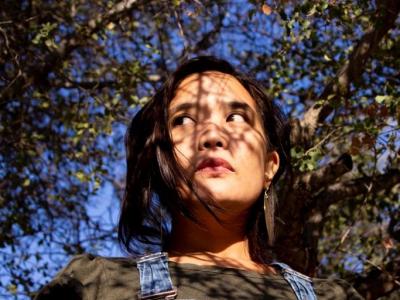
Current Fellow Dr Marlo De Lara has contributed an opinion piece for the Press & Journal as part of Pass the Mic, a project focused on increasing representation of women of colour in Scottish media. Dr De Lara's article, titled Covid pandemic took a lasting toll on marginalised groups who were already struggling, explores her experiences as an educator in the early days of COVID-19, including reflections on racism in the UK and the untold stories of the pandemic.
I am not “OK” – and, as a Brown woman in this culture, I know there are consequences to admitting it openly.
I am to uphold a veneer of effortless excellence to combat the stereotypes. I am not a “bad migrant”. Every day, I am overwhelmingly aware that my appearance can quickly be generalised to other people of colour.
The reality is that we are living amidst a mental health crisis that disproportionately affects minorities. When I say “we”, I am speaking of people of colour who struggle with everyday racial trauma.
Over the past three years, the world has seen many participating in anti-racist protests, with masked individuals walking the streets holding Black Lives Matter signs.
According to the Campaign to End Loneliness website, “Covid-19 exacerbated existing inequalities, meaning that groups already at risk of loneliness – such as those who were poorer, in worse health or from ethnic minorities or LGBTQ+ communities – were at greater risk during the pandemic.” This statement was repeated for reports from data both during and post-pandemic.
So, as we remove the masks, can we take the lessons of Covid and centre the conversation on what real safety and well-being could look like for people of colour today?
The full article is available here.
